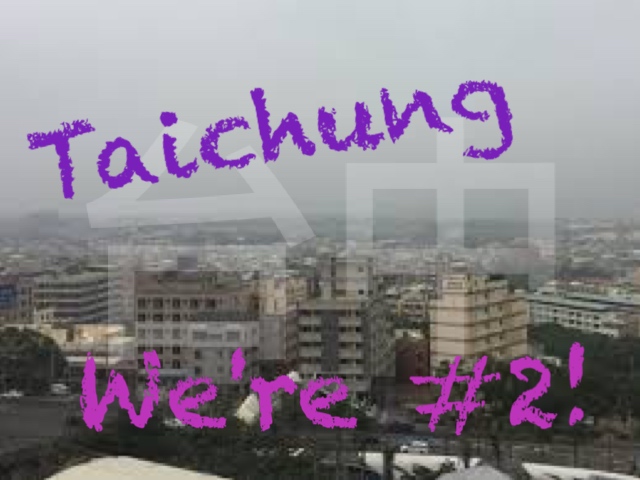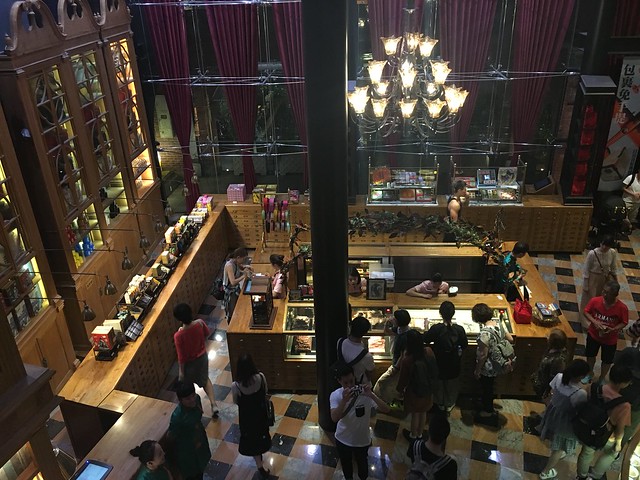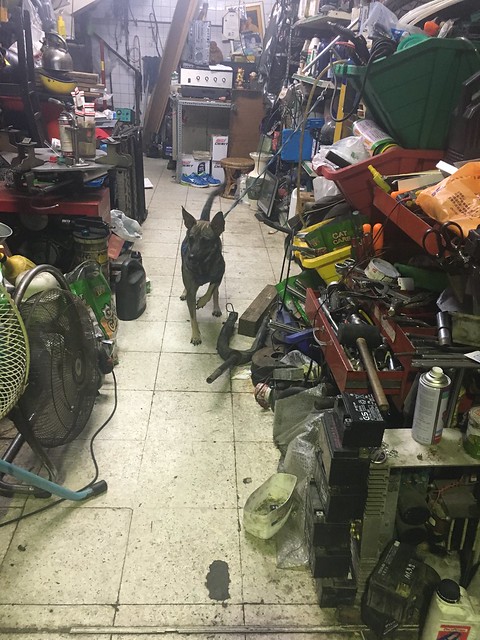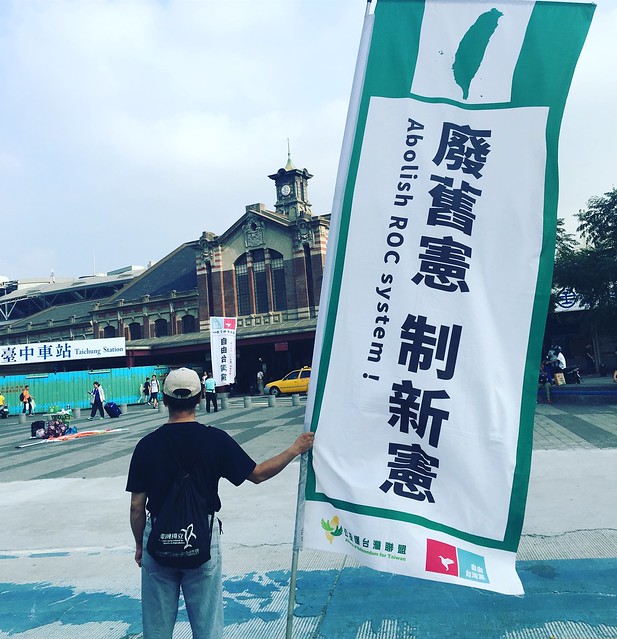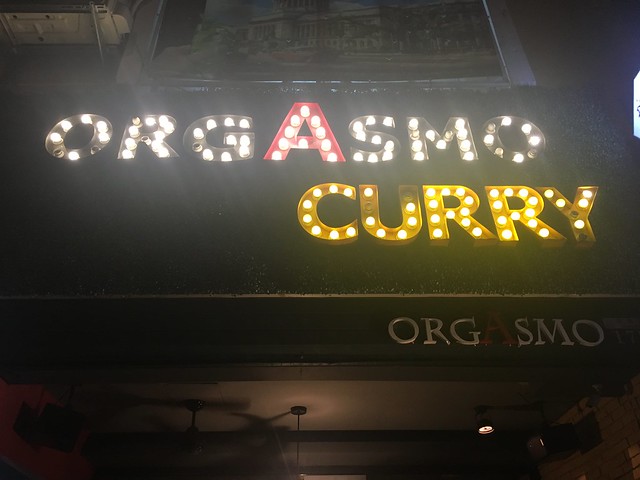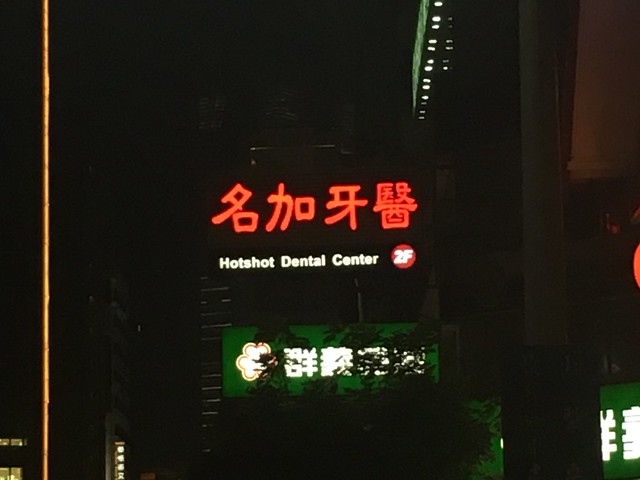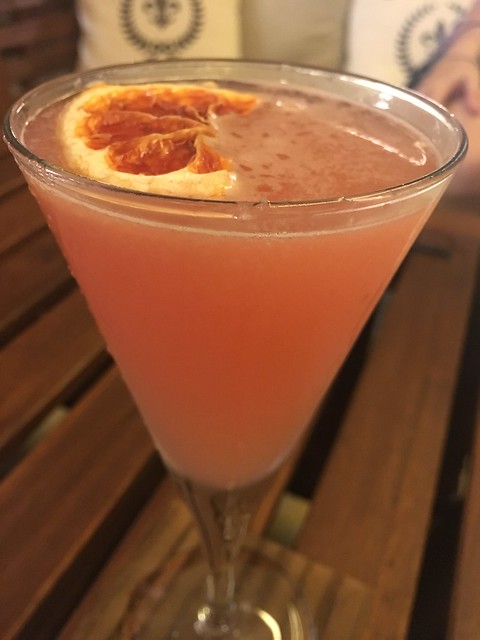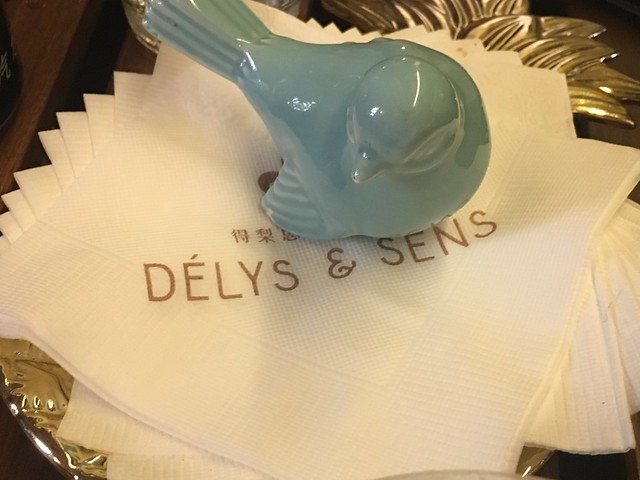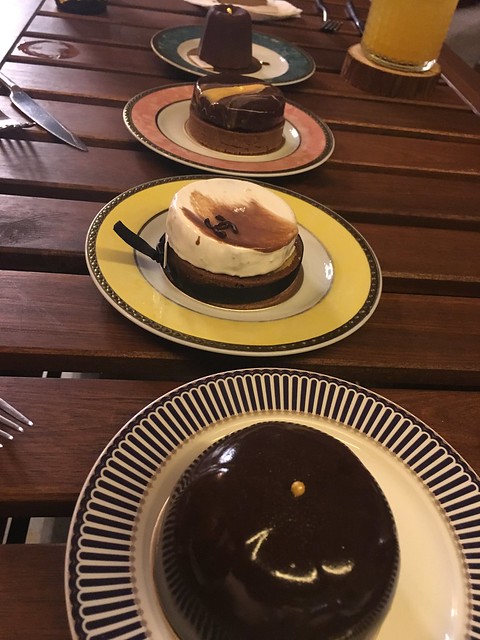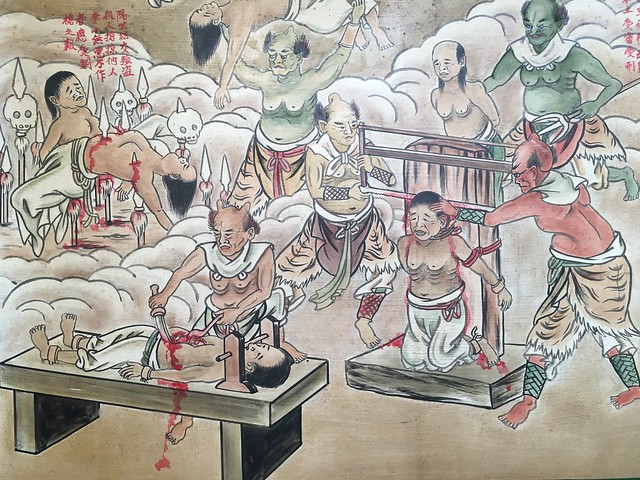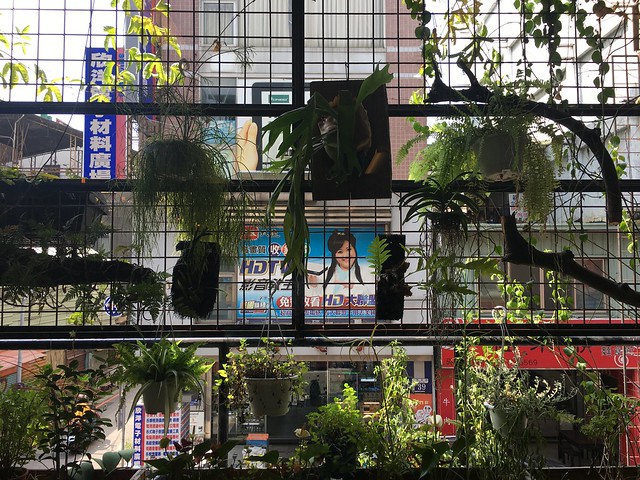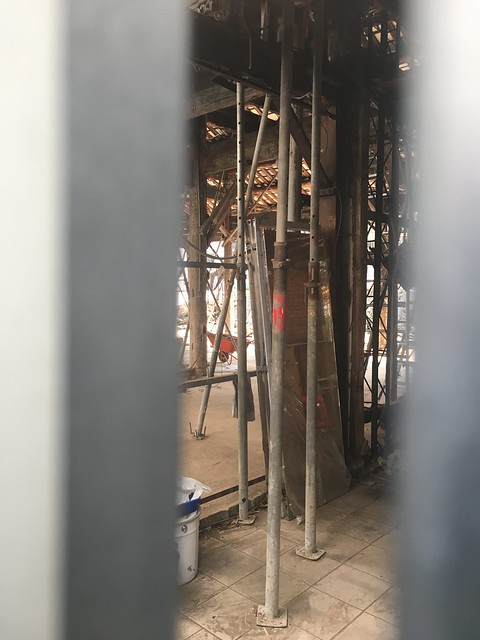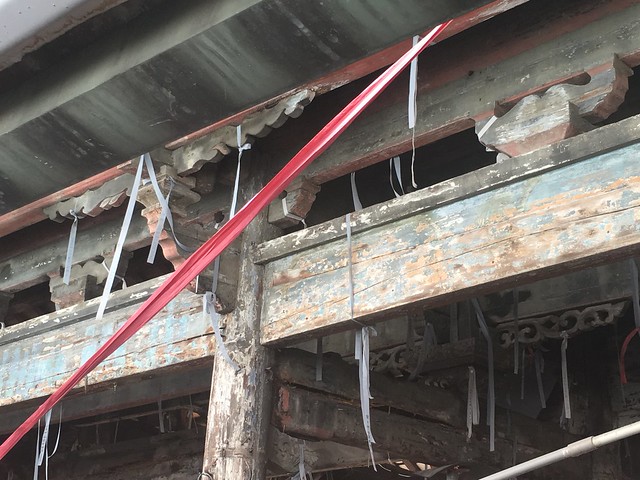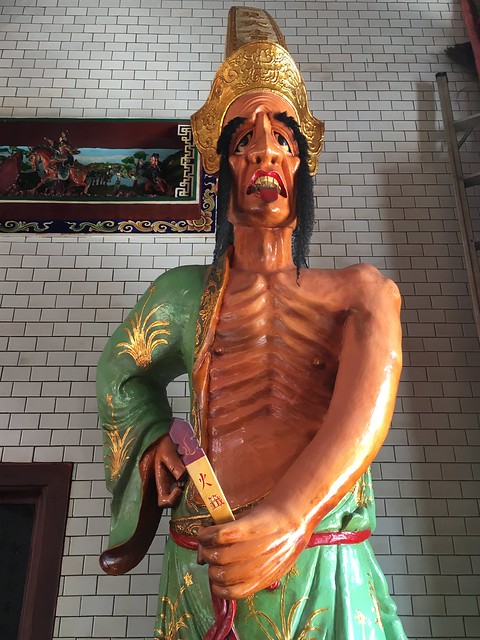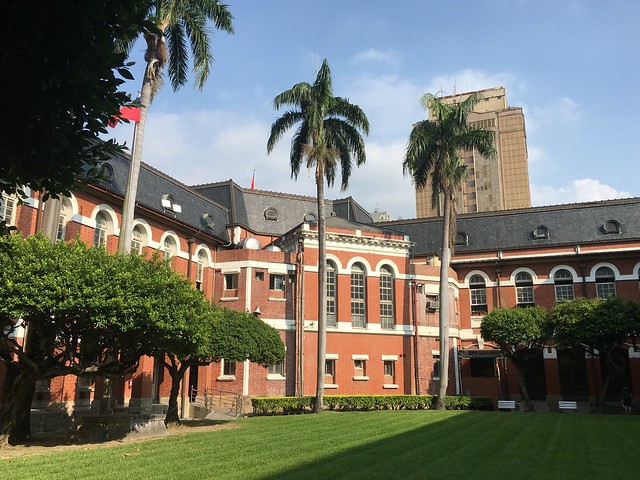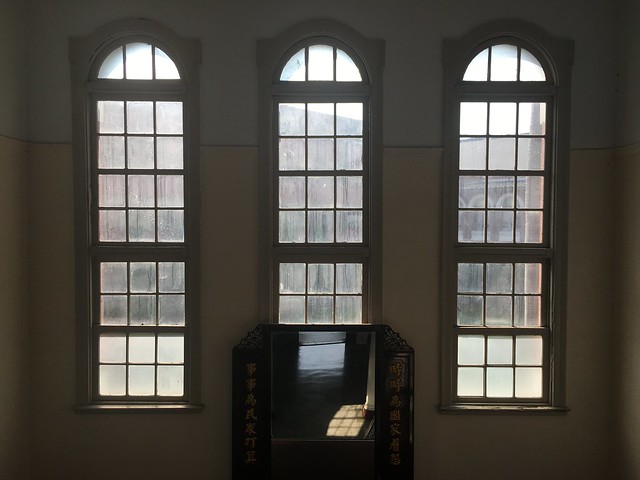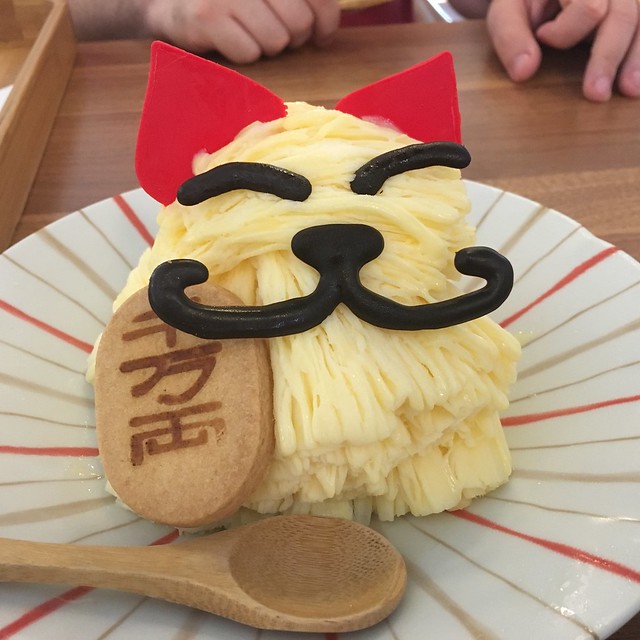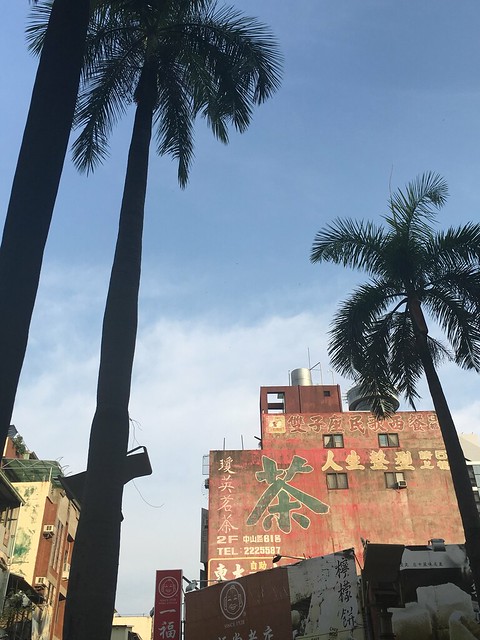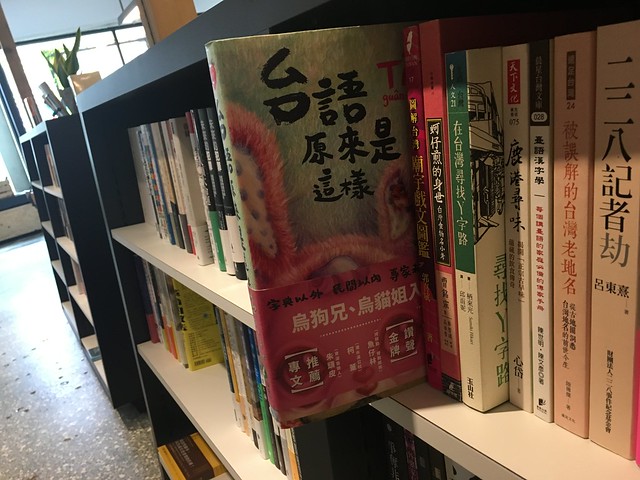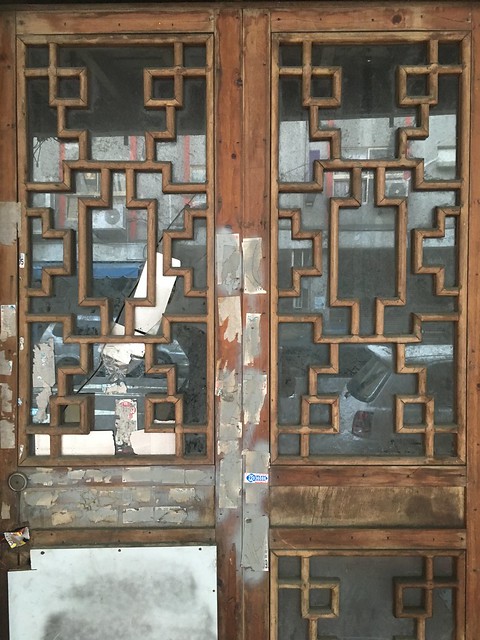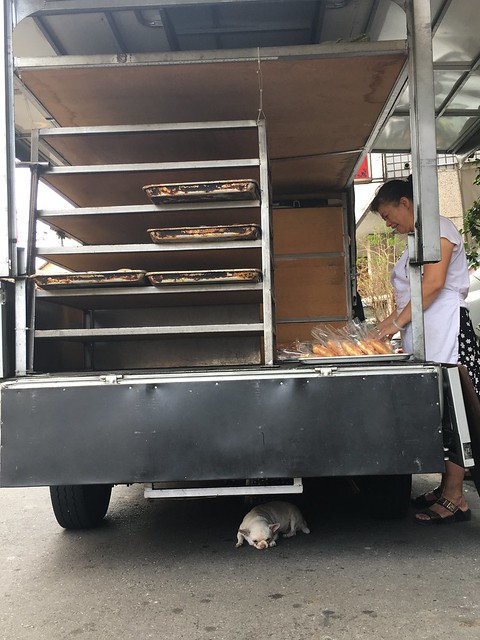Coming in late with the lukewarm takes on yesterday's recall vote against Freddy Lim and by-election in Taichung, but that's probably going to be how things are around here given my work schedule. But there's great news: the KMT's revenge recall efforts are over (for now), and last night they lost. In fact, they've mostly lost in general.
For a solid, smart-person view of what happened, I suggest reading Frozen Garlic first.
It strikes me that all those referendums and recalls, the only person they were able to unseat and replace with their own was Taoyuan city councilor Wang Hau-yu, and to be frank the guy had a history of picking fights and making insensitive comments, both in the Green Party and the DPP.
Imagine all that time and effort over the past few years, and all you got was one ousted city councilor whom few liked anyway. Then you think you've scored big by mobilizing money-driven factional networks to take out a national legislator, only to have that seat taken by the DPP rather than a small pan-green party.
It's hilarious, really.
Here are a few things I noticed as all this went down:
First, a lot of people seemed to think Freddy was safe right up until those vote margins got a little too close to actually taking him out. Closer than it should have been is the refrain I've heard. Too close for comfort. Especially, as Frozen Garlic notes, in a district where the people who elected him didn't seem to have changed their mind that much.
I suspect, however, that strategists closer to this vote -- both from Freddy's team and the DPP -- had figured out what I (and others) hadn't: that he was in some danger of losing his seat, that it could be that close. The DPP pulled out a lot of stops for a legislator that isn't theirs -- why do that if you think his seat is safe? Maybe I'm wrong and it's just a good idea for President Tsai to show up at both rallies, even if the number-crunchers think one of them will survive comfortably, but it's worth pondering.
That said, the danger never really came from Freddy's track record or popularity. He's a serious politician and hard worker who managed to get re-elected and hasn't done anything to lose a great deal of support. Criticisms against him have been fairly mild. The issue is that the new recall rules are completely preposterous, making it far too easy to oust someone when there's no reason to oust them beyond pure spite.
The second thing I noticed was that in Taichung, the DPP made it explicitly about what was done to Chen Po-wei. He showed up on stage with Lin. They hugged. There wasn't even the pretense of "Chen was recalled, now the seat is open so of course we're going to run someone else who might be more popular" -- the DPP bet, correctly it seems, that the issue was never Chen's popularity.
Frozen Garlic notes that they chose an unfamiliar face without much electoral experience to run in Taichung 2. It's true that she's not electorally experienced -- her 2016-2020 seat was party list -- but is she that unfamiliar? She was the spokeswoman for Tsai's re-election campaign, until she wasn't. I'd heard of her, but it's possible your average Taichung 2 person had not.
Chen was well-known for advocating outright independence -- that is, going beyond the notion that Taiwan is already independent to push for a stronger pro-Taiwan line. If the DPP thought that such views were the problem, or were so fringe as to be offensive to many voters, they would have run a more centrist candidate in his place. They didn't.
Instead, they ran a candidate in Taichung 2 who once had to quit her post for saying that advocating unification with China was treason (which it isn't, though I think advocating for invasion by China is or should be). She's not a well-known pro-independence face, but they certainly did not run a centrist on the China issue. On the same night, they supported Freddy Lim, who also has a very clear pro-independence stance.
While people accuse the Tsai administration of being "vague" on Taiwanese independence or outright saying they don't support it, that same administration has been swaggering around doing what? Calling Taiwan "an independent country (with the name 'Republic of China')". Not referencing the ROC at all in Tsai's New Year's address, while specifically giving the New Year celebrations a theme of global recognition and engagement for Taiwan.
And now, running or supporting legislators whose views might have been out of the mainstream a few years ago, but are fairly normal now. They might be towards the edge of that mainstream but they don't elicit gasps.
Thanks to the referendums and the votes yesterday, the DPP and pan-green legislators like Freddy now has the luxury of running on two platforms: first, they're pretty damn competent locally and are generally in line with public opinion on domestic issues. The KMT tried to take that from them and lost. They tried to make it sound like the DPP were dangerous ideologues on China and incompetent on domestic issues. That's obviously not true.
Secondly, that their position -- it's time to treat Taiwan as Taiwan, and no matter your view of the country's name or national symbols, we can all agree that Taiwan shouldn't be part of the PRC -- is the mainstream. That they're not "dangerous ideologues" on China, rather, they represent more or less the center and take their cues from public opinion. They'll stand with pro-independence legislators like Freddy, and embrace Chen Po-wei on stage. They'll run someone who has made her stance on China very clear, in a district rank with factional bullshit and money, and win.
Most importantly, by doing this they've made it clear to the country that the KMT's framing of these revenge recalls is a lie. These weren't targeted recalls at independent legislators for incompetence or poor public service: they were proxy wars against the DPP, and everyone knew it. By showing up for Freddy, bringing Chen on stage and handing Yen Ching-piao's son his ass on a platter, they've shown that the voters see it too, and are sick of it.
There has been some discussion about whether Eric Chu would resign chairmanship of the KMT -- so soon after winning it! -- in the face of all these defeats. I doubt that. He inherited these fights and hasn't dug in on any of them, and isn't going to give up what he so recently secured. It's a string of defeats to be sure, but no single defeat was the sort of thing that would cause a chair to resign. I am mildly amused by the list of people that could have replaced him -- could you imagine Chu stepping down after the KMT gets its ass kicked for being so annoying, and Chang Ya-chung taking his place? That's the stuff of reality TV, but also a world we won't be seeing.
There's more to be said about factional and black gold politics, but instead of repeating Frozen Garlic I'll just quote him here:
In 2020, Yen lost by a mere 2.3%. In this election, that margin doubled to 4.6%. That’s not a crushing victory for the DPP, but they were running an unfamiliar candidate with no previous electoral experience. (It seems she turned out to be pretty good at this game, though.) This wasn’t an indication of a KMT collapse, by any means. The KMT is still just about as strong as they were before. As with the recall vote a few months ago, it seems the electoral balance right now is just about the same as it was in January 2020. However, losing is more damaging to patronage-oriented politicians than to those who build their careers on ideas. The latter can shrug off losses and start preparing for the next fight. If you rely on money to motivate your machine, it helps to be in office to secure a steady source on income. Moreover, this campaign pointed out several places for the judicial system to attack the Yen family. The election is over, but the inquiries might continue. Now Yen will have to resist those inquiries as a private citizen, not as a national legislator. [Although Yen's sister still holds office.] Old-school factional politics have been on the decline for a couple decades, and the Yen family’s defeat is one more symbolic step in that process.
I have several work deadlines to meet so I'll end it here. My only final note is this: it's been fun watching the KMT get whooped so often. It was delightful to watch the results roll in on 民視, where they started playing dopey music as he gave his concession speech as a transition to a series of commercials about terrible game shows on their network, and then cut him off mid-sentence to air said commercials. I smiled.
But I'm sick of the endless banging about and resource waste. I suspect many Taiwanese voters are, as well. It's time to stop. I don't think they'll ever quit being irresponsible revenge-seeking jackholes, but they could maybe just stop for awhile, take the pulse of the nation, and try to become the sort of party people actually want to vote for in large numbers again. It's not like there are no blue voters left.
But, lol, they won't do that.
Go home, KMT, you're drunk.




